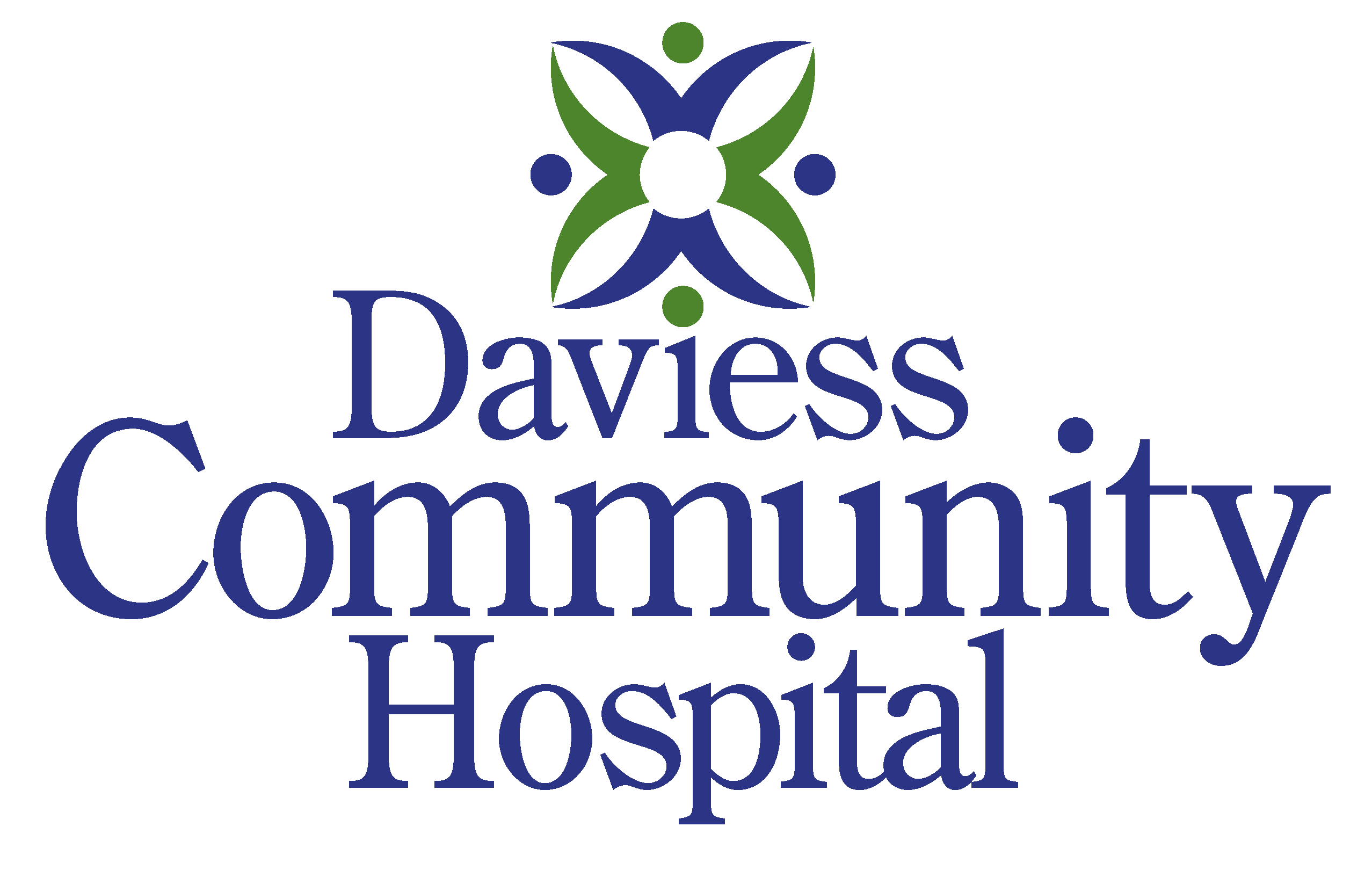
Pelvic Floor Rehabilitation
Compassionate, evidence-based care for bladder, bowel, and pelvic pain concerns
At Daviess Community Hospital’s CORE Center, our women’s health physical therapists help women address pelvic floor dysfunction—a common, treatable cause of urine leakage, pelvic pain (including painful intercourse), and bowel/bladder changes. Using individualized, evidence-based pelvic floor rehabilitation, we focus on restoring comfort, control, and confidence in daily life, during exercise, and through pregnancy and postpartum.
- Nearly 50% of adult women experience involuntary urine leakage.
- 1 in 5 adults report overactive bladder symptoms (urgency/frequency).
- 1 in 7 women ages 18–50 experience pelvic pain—and more than 60% have no formal diagnosis.
Who may benefit from pelvic floor therapy
Consider an evaluation if you experience any of the following:
- Stress incontinence (leakage with coughing, laughing, sneezing, lifting, or running)
- Urge incontinence/overactive bladder (strong, sudden urges; frequent trips; “bathroom mapping”)
- Pelvic pain (aching/sharp pain with sitting, cycling, or daily activity) or dyspareunia (painful intercourse)
- Postpartum concerns: core weakness, heaviness/pressure, discomfort around cesarean or perineal scars
- Prolapse symptoms (pelvic heaviness, pressure, or a bulge feeling)
- Bowel issues such as constipation or straining
- Low back, hip, or tailbone pain that may be linked with pelvic floor dysfunction
- Discomfort with tampons or gynecologic exams
Pelvic floor concerns are common—and highly responsive to specialized physical therapy.
How pelvic floor rehabilitation helps
Your therapist will build a plan tailored to your goals, symptoms, and routines. Therapy may include:
- Pelvic floor coordination — gentle training to relax/activate the pelvic floor without straining
- Bladder and bowel strategies — urge suppression, voiding schedules (typical intervals every 2–4 hours when hydrated), hydration/fiber guidance
- Core and hip strengthening — functional support for lifting, childcare, and activity
- Posture, breath, and pressure management — reduce leaks and improve comfort with daily movement and exercise
- Soft-tissue and scar mobility techniques (as appropriate) — improve comfort around cesarean/perineal scars or sensitive areas
- Graded return-to-activity — stepwise plan for walking, lifting, running, and fitness
- Home program & education — simple strategies for lasting results
- Team coordination — with your OB-GYN, urology, or primary care as needed
Postpartum? If symptoms began during pregnancy or after delivery, see Prenatal & Postpartum Rehabilitation for added support (core/pelvic recovery, diastasis recti, scar comfort, and safe return to activity).
Focused care for your primary concern
To help you find your path, here’s how we approach the most common symptom groups:
Bladder symptoms — leakage, urgency & frequency
We address stress, urge, and mixed incontinence and overactive bladder using urge-suppression tools, voiding-interval training (to reduce “just in case” habits), pelvic floor coordination, and breath/pressure strategies to reduce leaks with effort.
Pelvic pain & dyspareunia (painful intercourse)
We use down-training and coordination (learn to relax/activate appropriately), breath and pressure strategies, soft-tissue/scar mobility (as appropriate), posture/movement coaching, and a graded return to activity and intimacy—always at your pace and with your consent.
Bowel function — constipation & straining
We focus on toileting posture, pressure management (no straining), pelvic floor coordination for efficient emptying, and habits that support regularity; we’ll collaborate with your medical team when needed.
Prolapse support
We teach pressure management, pelvic floor coordination, and activity modifications to reduce symptoms like heaviness/pressure; we’ll coordinate with your provider when additional medical guidance is needed.
What to expect at CORE
Evaluation
We begin with a thorough review of your symptoms, medical and birth history, goals, and daily routines. A musculoskeletal screen of the spine, hips, core, and pelvis helps identify contributing factors.
Pelvic floor assessment
With your informed consent, and only if appropriate, your therapist may recommend an external and/or internal pelvic floor exam to assess muscle coordination, tension, and strength. We explain every step, and you can decline any portion at any time.
Tools we may use
- Biofeedback to visualize and retrain pelvic floor coordination
- Ultrasound imaging (when appropriate) for real-time core/pelvic mechanics
- Personalized home plan to reinforce progress between visits
Together, we set clear goals and a visit schedule. Your plan is updated as you improve.
FAQs
Is pelvic floor therapy painful?
Therapy is
gentle and paced by you. Many patients feel relief as muscles learn to relax and coordinate.
Do I have to have an internal exam?
No. We review options and obtain
informed consent. You can pause or decline any portion of care and still receive effective therapy.
How often should I go to the bathroom?
Many adults void every
2–4 hours when hydrated. If you’re going very frequently or “just in
case,” therapy can help rebuild healthy intervals.
Is painful intercourse normal after childbirth or surgery?
It can be common, but it’s not something you must live with. Therapy
can address
muscle tension, scar sensitivity, and pressure/position strategies. We proceed at your pace and coordinate with your OB-GYN as needed.
Can therapy help years after childbirth or surgery?
Yes. Pelvic floor rehabilitation can help whether symptoms started recently
or have been present for years.
Do I need a referral?
Many insurers require a physician referral. Call
(812) 254-8889 and we’ll help you determine next steps.
Locations and scheduling
CORE Center | 421 E. Van Trees Street, Washington, IN
CORE Center at North Daviess | 800 S. West Street, Odon, IN
Call (812) 254-8889 to schedule a pelvic floor evaluation or ask about referral requirements.
We serve women from Washington, Odon, Jasper, Vincennes, Loogootee, Petersburg, Bloomfield, and neighboring communities across Southern Indiana.
